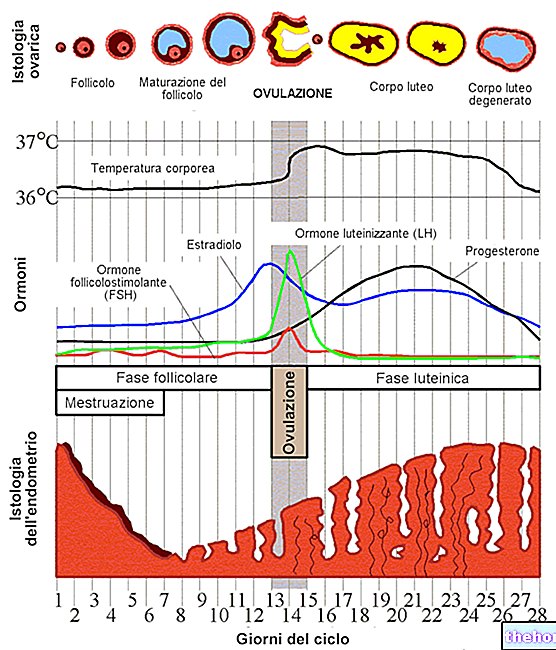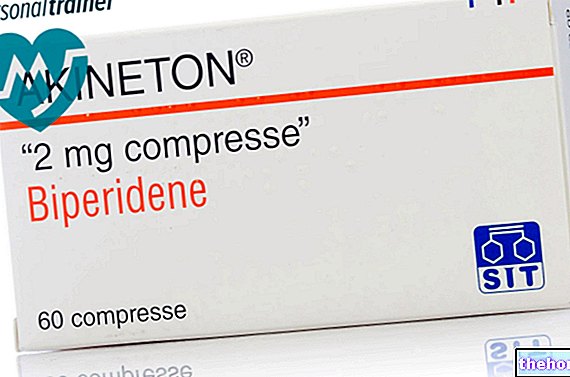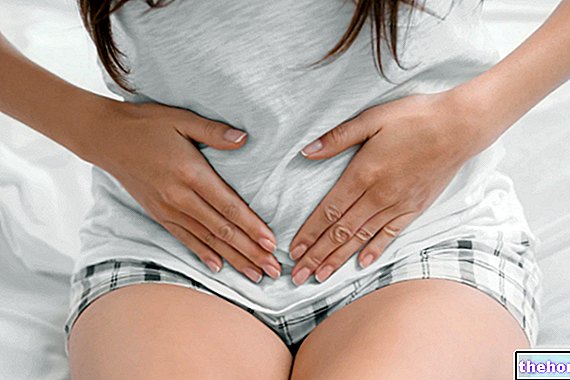A peptic ulcer is defined as a serious pathology of the stomach and duodenum. Less frequently, it can affect the esophagus and upper small intestine (2% of cases).

From the etiological point of view, the peptic ulcer develops following exposure of the mucosa to gastric juices (hydrochloric acid and pepsin) but not adequately hindered by the protective mucus.
In practice, the appearance of the ulcer is caused by the imbalance between the aggressive and protective factors, which act on the gastro-duodenal mucosa.
In the West, about one in ten people have suffered, suffer or will suffer from a stomach or duodenal ulcer. Men (especially middle-aged) are affected three times more than women, especially in the duodenum (except for Japan); sometimes, the ulcer occurs both in the stomach and duodenum. It is possible that the hormones estrogen play a protective role in fertile women.
The onset of the ulcer has a very broad behavioral basis; there is also a genetic predisposition (blood group 0). In recent years, the incidence appears to have dropped significantly.
The published material is intended to allow quick access to advice, suggestions and general remedies that doctors and textbooks usually dispense for the treatment of Peptic Ulcer; these indications must in no way replace the opinion of the treating physician. or other healthcare specialists in the sector who are treating the patient.
What to do
- The most important precaution is undoubtedly prevention (see Prevention below). The serious ulcer, even if healed, can permanently compromise the integrity of the mucosa (scar).
- Recognition of symptoms: early identification of the symptoms of ulcer disease is essential to reduce the aggravation of erosion. These symptoms are:
- Epigastric pain and burning:
- In the gastric ulcer it arises half an hour after the meal.
- In the "duodenal ulcer, it occurs one and a half hours and up to three hours after a meal. It can be located to the right of the abdominal line.
- Sometimes nausea and vomiting.
- Acute abdominal signs and symptoms (severe pain, like a stab, hard, wooden, tablet-like abdomen, nausea, vomiting, sweating, tachycardia, weak pulse and assumption of the curled up position on one side): in this case, the ulcer is often perforating.
- In the long term, weight loss caused by anorexia and aversion to food due to the severity of symptoms.
- In the long term, iron deficiency anemia caused by modest bleeding.
- See your primary care physician or a gastroenterologist directly for specific diagnosis. This is aimed at excluding other conditions:
- Hiatal hernia.
- Gastritis.
- Duodenitis.
- Duodenal ulcer.
- Calculosis of the gallbladder.
- Chronic inflammation of the gallbladder.
- Stomach cancer.
- The general practitioner or specialist will carry out endoscopic and / or radiological investigations:
- Gastro-duodenoscopy esophagus.
- Biopsy for the detection of Helicobacter pylori bacterium.
- X-ray.
- In case of a positive diagnosis, specific therapy begins:
- Adopt a correct diet (see below What to Eat and What NOT to Eat), promoting digestion, limiting gastric distension and reducing gastric secretion.
- Exclude all harmful factors (see below What NOT to do).
- Pharmacological therapy: it can be of various types (see Pharmacological Treatments below).
- Surgery: only in the most severe cases or in the evolution into cancer.
What NOT to do
- Lead an incorrect lifestyle, without respecting the prevention criteria.
- Ignore the initial symptoms.
- Do not go to your doctor for a certain diagnosis and to rule out other diseases or complications.
- Neglecting specific therapy:
- Do not follow drug therapy.
- Do not undergo surgery if deemed essential by your doctor.
- Follow an unsuitable diet.
- To smoke.
- Abusing with alcohol.
- Expose yourself to environmental contaminants that are potentially harmful to the stomach.
- Lead a stressful lifestyle.
- Use harmful gastro drugs, especially on an empty stomach and without the use of gastro protectors.
What to eat
The diet must be structured in a specific way, to prevent the ulcer from worsening. There are three fundamental principles:
- Do not over-stretch the stomach and / or duodenum.
- Limit the production of gastric juices.
- Ensure efficient and effective digestion, avoiding long stays in the stomach.
For this purpose it is recommended to:
- Eat smaller meals, for example by splitting calories as follows:
- Breakfast at 15% of the energy.
- Two snacks (snacks) at 10% or four at 5%.
- 35% lunch.
- Dinner at 30%.
- Choose moderate portions.
- Consume meals away from the hours of sleep.
- Use little seasoning and mainly raw-pressed vegetable oils. We recommend 4 teaspoons a day. Excess fat can compromise digestibility and the integrity of the mucous barrier.
- Prefer lean and digestible foods:
- Of animal origin (low in fat and connective tissue): chicken, turkey, rabbit, defatted muscle of pork or beef, cod, anchovies, sea bream, sea bass, corvina, croaker, tuna fillet, shrimp, lean ricotta, light cream cheese, flakes of milk, egg white or at most one whole, etc.
- Of vegetable origin (not too many fibers): cereals, legumes and derivatives, choosing those with medium or low fiber content. Fruit and vegetables in portions of 50-150g (even with peel).
- Use cooking systems that optimize digestibility:
- Boiling in water.
- Vacuum boiling.
- Vasocooking.
- Steam powered.
- In a pressure cooker.
- In a pan over a low flame.
- In the oven (avoiding prolonged cooking and / or at excessive temperatures)
- Baked.
- Fresh foods, not preserved, to be consumed "natural"; the only recommended long-term storage method is freezing.
- Eat medium-temperature foods, not too cold or too hot.
NB: There are various forms of malnutrition linked to ulcer, drug therapy and related complications. Some are: iron deficiency anemia, pernicious anemia, reduced calcium absorption and impaired general absorption.
What NOT to Eat
- Alcohol (especially on an empty stomach).
- Cocoa, black chocolate and mint.
- Stinging foods such as chilli, pepper, horseradish, ginger, large quantities of raw onion and garlic, etc.
- Foods and drinks containing xanthines (especially on an empty stomach): coffee, black tea, hot chocolate, energy drinks, etc.
- Large meals and portions, especially before sleep.
- Very seasoned foods.
- Fatty foods, or foods rich in connective tissue or containing too many fibers: offal, fatty cuts of pork, rind, ossobuco, sausages, salami, frankfurters, hamburgers, salmon, eel, tuna belly, octopus, cuttlefish, mussels, clams, snails, gorgonzola, pecorino cheese, mascarpone, fontina cheese, brie, plus one egg yolk at a time, carpaccio, tartare, sushi, stew, ragù and the like, soups, braised meats, boiled meat, bran, undercooked legumes, exaggerated portions of vegetables etc.
- Cooking techniques that make food difficult to digest:
- Stewing.
- Frying in a pan.
- Long cooking in the oven or on the grill or in boiling water.
- Brazing.
- Savoury foods.
- Preserved foods:
- In oil.
- In brine.
- In salt.
- Smoked and dried.
- Food and drinks that tend to be acidic in significant portions:
- Vinegar.
- Beverages (e.g. cola).
- Citrus fruits and juice.
- Tomato and juice.
- Hot or frozen foods.
- Milk.
- Broth.
- Carbonated drinks (orange soda, cola, etc.).
- Snacks and other junk foods.
Natural Cures and Remedies
- Sodium bicarbonate (NaHCO3): in aqueous solution, it intervenes quickly, but causes some side effects such as: alkalinization of the urine, swelling, hypersodemia and sometimes diarrhea.
- Herbal medicine: some plants are able to improve the symptoms of peptic ulcer or to act positively on the mechanism of action. The best known are:
- Hypericum.
- Licorice.
- Passionflower.
- Chamomile.
- Consolidate.
- Calendula.
- Alginates and mucilaginous drugs that cover the gastric mucosa protecting it from aggressive agents:
- Melissa.
- Altea.
- Mauve.
- Icelandic lichen.
- Calendula.
- Healing effect mother tinctures:
- Salicaria
- Strawberry.
- Garlic: facilitates the eradication of Helicobacter pylori, but stimulates gastric secretion and is contraindicated for ulcer.
- Clove essential oil.
Pharmacological treatment
- Antagonists of histamine H2 receptors: ranitidine, cimetidine (eg Ulis, Biomag, Tagamet), famotidine and nizatidine (eg Nizax, Cronizat, Zanizal). For oral use and rarely parenteral, they inactivate the proton pump and reduce the release of hydrogen ions.
- Antacids (such as aluminum hydroxide with magnesium hydroxide, for example Maalox plus).
- Proton pump inhibitors: block the production of histamine, gastrin and acetylcholine; in association with antibiotics, they favor the elimination of Helicobacter pylori. Eg:
- Pantoprazole (such as Peptazol, Pantorc, Nolpaza, Gastroloc).
- Omeprazole (such as Antra, Nansem, Losec, Xantrazol).
- Lansoprazole (such as Pergastid, Lomevel, Lansox).
- Protectors of the gastric mucosa:
- Sucralfate (e.g. Degastril, Citogel).
- Compounds of bismuth (e.g. bismuth salicylate).
- Prostaglandin analogues: protect the mucosa by reducing gastric secretion; eg Misoprostol (such as Cytotec).
- Antibiotics against Helicobacter pylori:
- Amoxicillin: for example Augmentin, Klavux.
- Metronidazole: for example Metronid, Deflamon.
- Clarithromycin.
Prevention
- Not smoking.
- Do not abuse alcohol, especially on an empty stomach.
- Follow a proper diet.
- Avoid predisposing foods.
- Limit the use of certain drugs (anti-inflammatory NSAIDs, steroids, antibiotics, etc.) or at least take them on a full stomach.
- Minimize nervous stress levels.
- If possible, do not expose yourself to chemical and harmful environmental contaminants (vapors, fumes, etc.).
- Avoid the possibility of Helicobacter pylori contagion, even if recent studies suggest that this bacterium is present in the mucous membrane of all but becomes pathogenic only for a few.
- Contact the doctor with the manifestation of the first symptoms. In this way it is possible to block the ulcer in the initial stages, reducing the severity (when it is still a simple erosion of the superficial mucosa), the therapy and the possibility of complications.
Medical Treatments
- Surgery: it is adopted when the ulcers are resistant to drug and behavioral therapy, when there is a suspicion of a tumor form and in case the complications are serious. Consists of:
- Excision of the gastric branches of the vagus nerve, with the aim of reducing gastric secretion.
- Gastrectomy: resection of a part of the stomach.

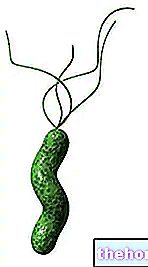
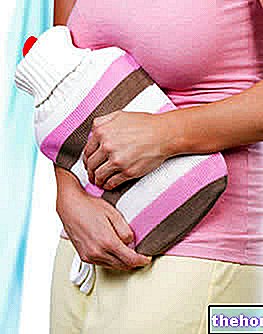
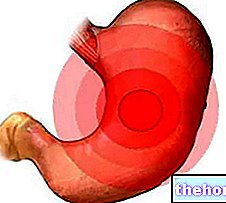
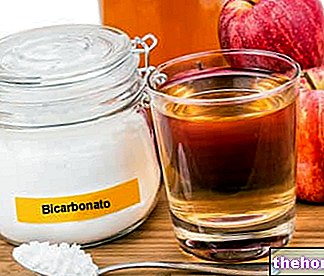
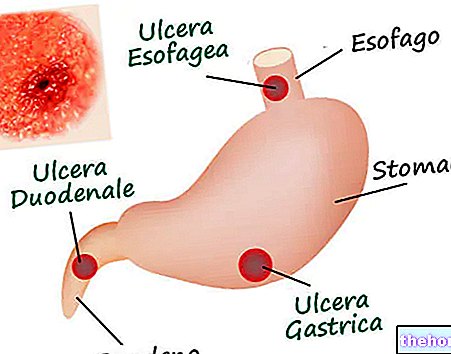
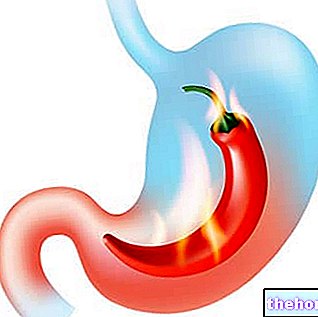

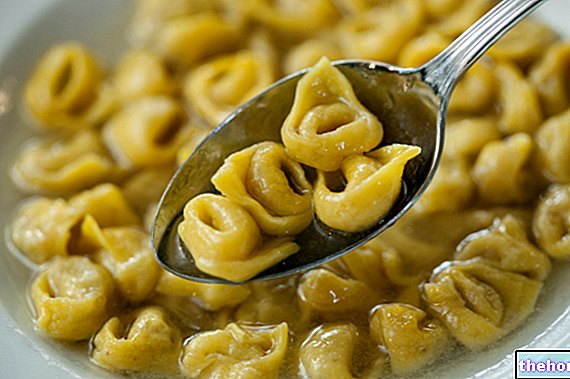

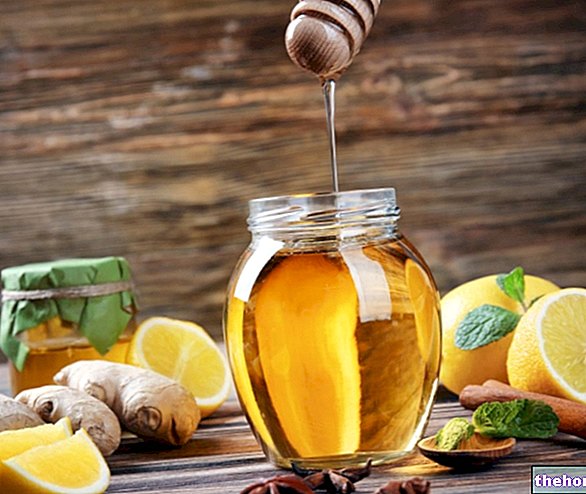
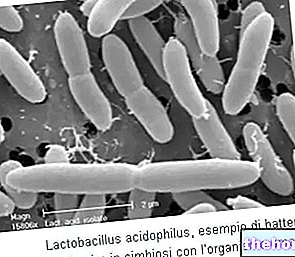
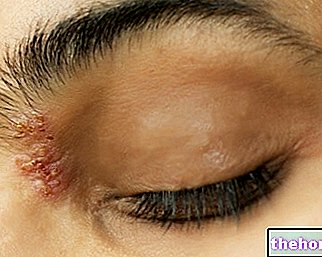


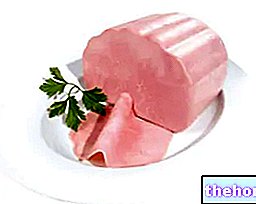

.jpg)



